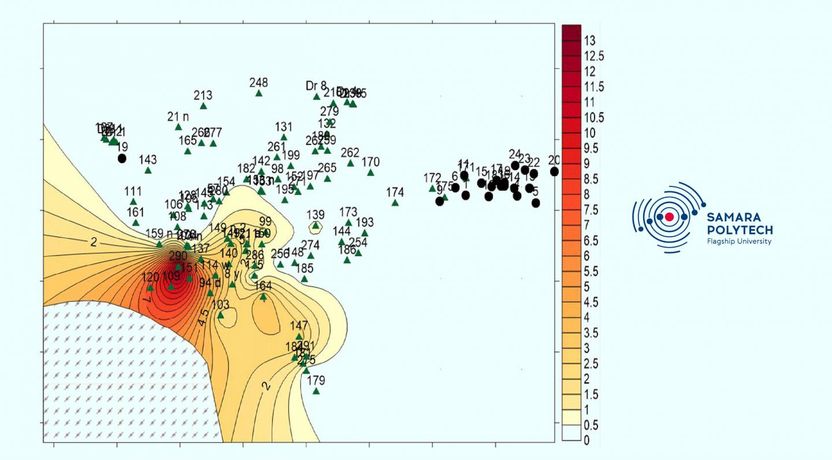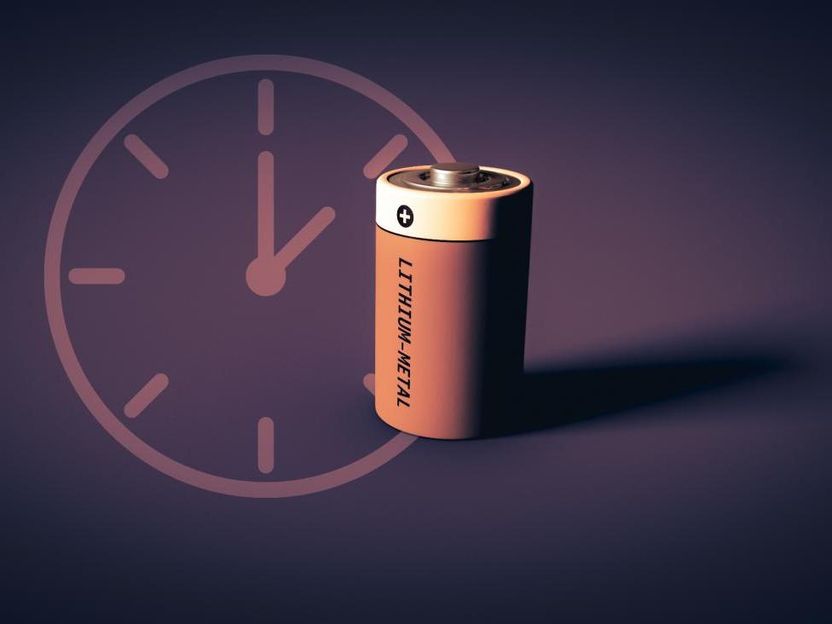Scientists from Samara Polytech learned to control the oil lens
Reconstruction of factories (the construction of modern parks and the removal of communications on racks) significantly prevents the penetration of petroleum products into the ground. However, wastes, accumulated as a result of the activities of oil refineries, continue to have a negative impact on the environment. The method developed at Samara Polytech will allow not only to monitor the state of groundwater, but also to predict the movement dynamics of an oil lens - an artificial underground oil accumulation at the groundwater level, resulting from the leakage of oil and oil products from underground pipelines - on which depends the stability of the grounds under the building structures.

This is an example of building a model of lens movement of petroleum products.
"Without knowledge of the geophysical processes, hydrodynamics of groundwater, the regularities of their movement in the layers in this area, it is very difficult to predict the important parameters of the lens, its volume and the qualitative composition of oil products contained in it," explains Olga Tupitsyna, who is the Project Manager, Doctor of Technical Sciences, Professor of the Chemical Technology and Industrial Ecology Department, Leading Specialist at the Scientific and Analytical Center for Industrial Ecology.
Under her leadership, an interdisciplinary team of scientists and students of Samara Polytech has developed a groundwater research program that allows predicting the direction of lens movement during seasonal changes in water levels in water storages, with active operation of the water intake area, on exposure to the layer from the main production site of the enterprise. The resulting mathematical model will also determine the localization of the sources of concentration of petroleum products, quickly extract them and effectively clean the soil, ground and groundwater.
Most read news
Other news from the department science

Get the chemical industry in your inbox
By submitting this form you agree that LUMITOS AG will send you the newsletter(s) selected above by email. Your data will not be passed on to third parties. Your data will be stored and processed in accordance with our data protection regulations. LUMITOS may contact you by email for the purpose of advertising or market and opinion surveys. You can revoke your consent at any time without giving reasons to LUMITOS AG, Ernst-Augustin-Str. 2, 12489 Berlin, Germany or by e-mail at revoke@lumitos.com with effect for the future. In addition, each email contains a link to unsubscribe from the corresponding newsletter.


























































